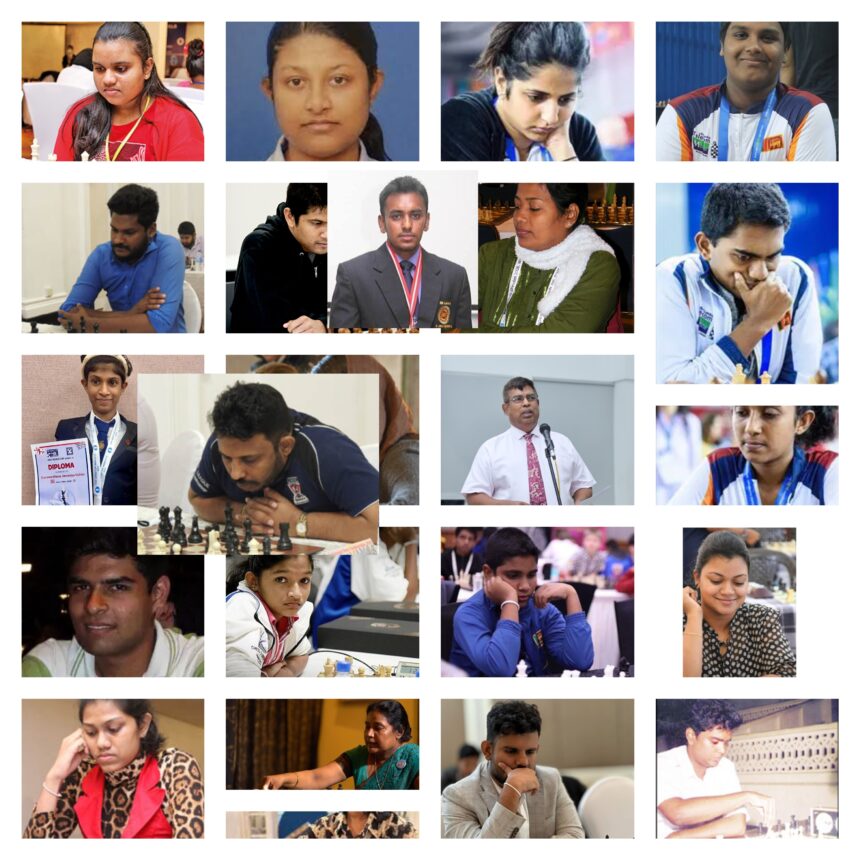The Sri Lankan Chess Championship stands as one of the most prestigious sporting events in the island nation. Organized by the Chess Federation of Sri Lanka, this championship has been crowning national champions since 1972. Seven years later, in 1979, the Women’s Chess Championship was established, creating parallel platforms for both men and women to showcase their chess mastery. Over five decades, this tournament has produced legendary champions whose stories deserve to be told.
The Pioneering Era (1972-1980s)
Christopher Parakrama (1972/73) became the first-ever national chess champion of Sri Lanka, earning his place in history as the player who launched this prestigious tournament. His victory in the inaugural championship set the standard for all future champions.
G.A.S. Dissnayake (1974), R. Ananthan (1975), and R.J.D. Ferdinands (1976) were the champions who followed in the mid-1970s, each contributing to building the competitive tradition of the tournament during its early years.
L.C. Goonethilleke captured the title in 1978 and shared the championship in 1979 with C.S.S. Pitigala as joint champions. His back-to-back victories established him as a formidable player during this period.
Harsha Aturupane was a dominant force in the late 1970s and early 1980s, winning three national titles in 1977, 1981, and 1982. His strategic brilliance and competitive spirit made him one of the early stars of Sri Lankan chess. His success helped popularize the game during a crucial growth period for chess in the country.
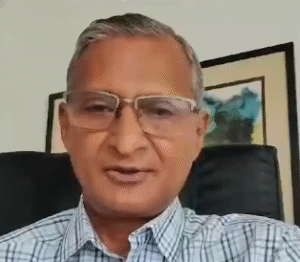
Harinlal Aturupane, brother of Harsha, became one of the greatest champions in Sri Lankan chess history. Between 1984 and 1992, he captured an extraordinary six national titles. His victories came in 1984, 1985, 1986, 1988, 1989, and 1992. What makes his achievement even more remarkable is his consistency—he won three consecutive championships from 1984 to 1986, demonstrating complete dominance during that period. His playing style combined tactical sharpness with deep positional understanding, making him nearly unbeatable at the national level during his peak years.

T.D.R. Peiris showed exceptional longevity in competitive chess, winning titles in 1983, 1995, and 2004. He also shared the 1980 championship with Harinlal Aturupane as joint champions. Spanning over two decades, his championships demonstrate his ability to adapt to changing chess trends and continue competing at the highest level against younger opponents. His dedication to the game and consistent performance made him a respected figure in Sri Lankan chess.
Ishan Weerakoon (1987) broke the Aturupane brothers’ dominance to claim the national title, showing that new talent could compete with the established champions.

Muditha Hettigama (1994) won the championship during the mid-1990s, keeping the competitive spirit alive during years when the tournament was occasionally not held.
The 1990s Generation
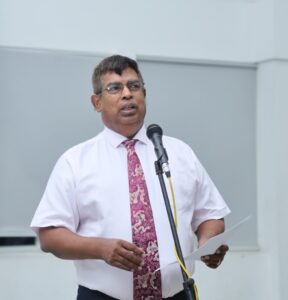
Luxman Wijesuriya won national titles in 1996 and 2000, establishing himself as one of the top players during the turn of the millennium. His contributions extended beyond his championships, as he actively promoted chess development in Sri Lanka and mentored younger players entering the competitive scene.

Nirosh De Silva emerged as the dominant player of his era with championships in 1997, 2001, and 2002. In 1999, he shared the title as joint champion with Ruchira Amarasinghe and Uddama Amarawickrama in a rare three-way tie. His back-to-back victories in 2001 and 2002 showcased his peak form. De Silva was known for his aggressive playing style and his ability to create complications on the board that troubled his opponents. His success during this period helped maintain high standards in Sri Lankan chess during a transitional phase.
The Russell Dynasty (2000s)
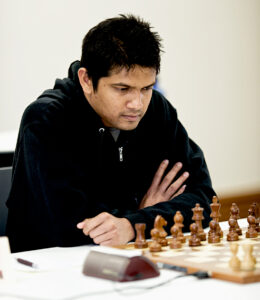
Athula Russell stands as one of the most successful champions in the tournament’s entire history. Between 2003 and 2010, he captured six national titles, winning in 2003, 2005, 2006, 2008, 2009, and 2010. His near-decade of dominance is comparable only to Harinlal Aturupane’s earlier achievements. Russell’s chess was characterized by solid positional play, excellent endgame technique, and psychological strength. He could defend difficult positions and convert small advantages with remarkable precision. His 2008 victory marked his fourth national title, and he continued his winning ways with consecutive championships in 2009 and 2010. Russell’s legacy includes not just his titles but his role in raising the overall standard of play in Sri Lankan chess.
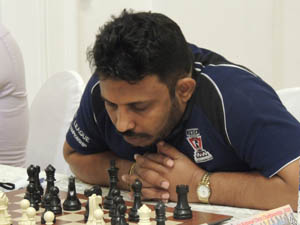
G.C. Anuruddha (2007) interrupted Russell’s dominance with a well-deserved championship victory, proving that the tournament remained competitive even during Russell’s era of excellence.
The Modern Era (2010s)
Chamika Perera broke Russell’s winning streak by capturing the 2011 championship, proving that new talent was ready to challenge the established order. His victory represented a generational shift in Sri Lankan chess.

Isuru Alahakoon became the face of Sri Lankan chess in the 2010s with four national championships in 2012, 2013, 2014, and 2018. His three consecutive titles from 2012 to 2014 established him as the premier player of that period. Alahakoon brought modern chess preparation and opening theory to the Sri Lankan chess scene. His return to win the 2018 championship after a gap showed his ability to maintain top form even as newer players emerged. His playing style combined solid preparation with tactical alertness, making him a formidable opponent in any position.
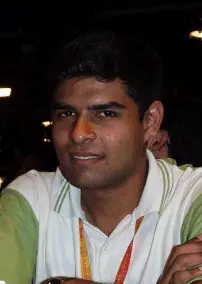
Dulan Edirisinghe (2015) broke Alahakoon’s streak with a strong performance to claim the national title. His victory demonstrated the competitive depth of Sri Lankan chess, where no player could take victory for granted.
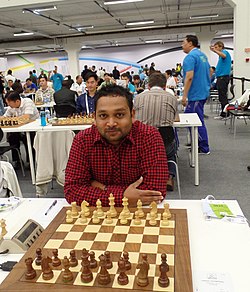
Rajeendra Kalugampitiya (2016) won the championship with impressive play, adding his name to the distinguished list of national champions. His victory showed the continuing evolution of Sri Lankan chess talent.

Minul Doluweera (2017) captured the national title with excellent tournament play, proving himself among the elite players in the country during that year.
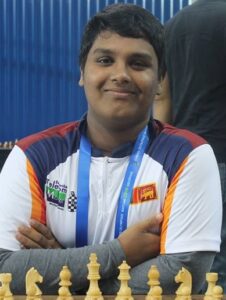
Harshana Thilakarathne (2019) won the championship with strong, consistent play throughout the tournament. His victory closed out the decade and set the stage for the exciting 2020s.
The Current Champions (2020s)
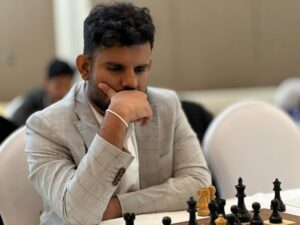
Ranindu Dilshan Liyanage has emerged as one of the top players of the current generation, winning the championship in both 2020 and 2024. His 2020 victory launched him into the spotlight, and his ability to reclaim the title four years later in 2024 demonstrates his sustained excellence and competitive determination. Between his two titles, he remained a top contender, showing the consistency required of a true champion. His 2024 victory proved he could overcome the challenges posed by other elite players and reclaim his position at the top of Sri Lankan chess.
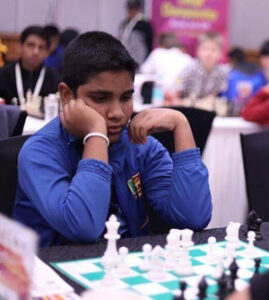
Susal Thewjan de Silva achieved something truly special by winning three consecutive national championships in 2021, 2022, and 2023. This remarkable three-peat places him among the greatest champions in the tournament’s history. Only a handful of players have managed to dominate for three straight years, and de Silva’s achievement ranks alongside the legendary runs of Harinlal Aturupane and Athula Russell. His consistent excellence over these three years showed complete mastery of the national chess scene. His playing style combines modern opening preparation with strong tactical vision and excellent time management. The three-peat required not just skill but mental fortitude to handle the pressure of defending his title year after year.
Women’s Champions: The Pioneers
Anoja Senevirate (1979) holds the honor of being the first women’s national chess champion of Sri Lanka. Her pioneering victory opened doors for generations of female chess players and helped establish women’s chess as an important part of the national chess scene.
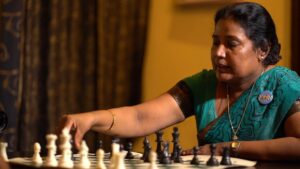
Suneetha Wijesuriya became one of the most successful women champions in Sri Lankan history with ten national titles. Her victories came in 1980 (shared with Rosana Jayasuriya), 1982, 1983, 1984, 1986, 1987, 1988, 1995, and 1997. Her dominance throughout the 1980s was particularly impressive, as she won seven titles in that decade alone. Her chess was marked by solid positional understanding and patient play. Suneetha’s success inspired many young girls to take up chess seriously.
Amarangi De Silva won four national titles in 1981, 1985, 1992, and 1994. Her ability to win across different decades showed remarkable longevity and adaptability. She remained competitive at the highest level for over thirteen years, a testament to her skill and dedication.
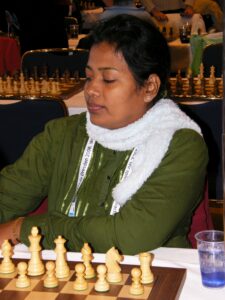
Vineetha Wijesuriya, sister of Suneetha, achieved even greater success with an incredible eleven national championships between 1989 and 2008. Her titles came in 1989 (shared with Nihara Amarawickrama), 1998, 1999, 2000, 2001, 2002, 2003, 2007, and 2008. Vineetha’s five consecutive championships from 1998 to 2003 represent one of the most dominant periods in Sri Lankan women’s chess history. She combined tactical sharpness with deep opening preparation and excellent practical play. Vineetha’s achievements make her arguably the greatest women’s chess player Sri Lanka has ever produced. Her dedication to the game and consistent high-level performance set a standard that future generations continue to aspire to reach.
Malintha Fernando (1996) claimed the national title during the mid-1990s, adding her name to the list of champions during a competitive era.
Modern Women’s Champions
U.G.Y. Methmali captured back-to-back titles in 2004 and 2005, demonstrating consistent excellence during her championship years. Her victories came during a period of transition after Vineetha Wijesuriya’s long reign.
Pramodya Senanayake (2006) won the national championship, breaking Methmali’s winning streak and proving herself among the elite players of that time.

Sachini Ranasinghe proved to be one of the most successful modern champions with five national titles in 2009, 2011, 2012, 2013, and 2022. Her four consecutive championships from 2011 to 2013, following her initial 2009 victory, established her as the dominant player of that era. Her return to win again in 2022 after a gap of nine years showed remarkable competitive spirit and the ability to maintain top form over many years.
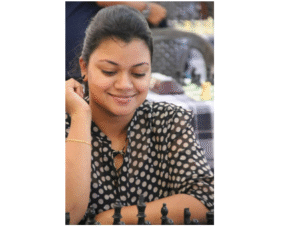
Dinushki Premanath won championships in 2010 and 2018, showing her ability to compete at the highest level across different periods of her career.
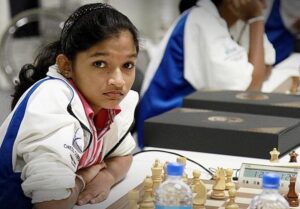
Dasuni Mendis claimed consecutive titles in 2014 and 2015, establishing herself as a rising star during those years. Her back-to-back victories demonstrated consistency and competitive excellence.
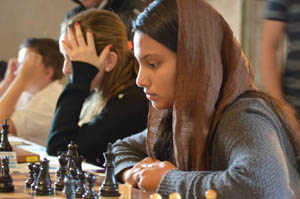
Saumy Zainab (2016) captured the national title, adding her name to the distinguished list of champions.
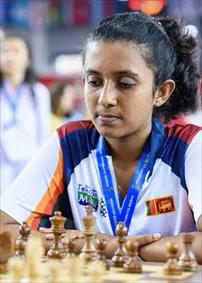
Sayuni Gihansa Jayaweera won the championship in both 2017 and 2019, proving herself among the elite players of her generation with multiple titles.

Nethmi Fernando (2020) captured the national title with impressive play, earning recognition as one of the country’s top women players.
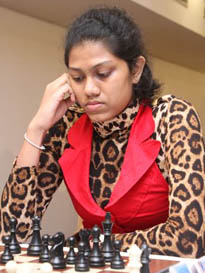
T.H.D. Niklesha Tharushi (2021) won the championship, adding her name to the honor roll of national champions.

K.M. Dahamdi Sanudula (2023) claimed the national title with strong tournament performance.
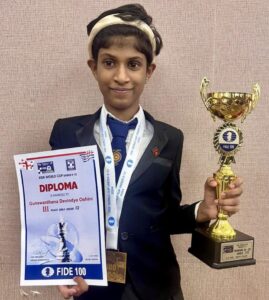
Devindya Oshini Gunawardhana (2024) is the most recent women’s champion, winning the title with excellent play throughout the tournament. Her victory represents the latest chapter in the continuing story of Sri Lankan women’s chess.
The 2025 Champions
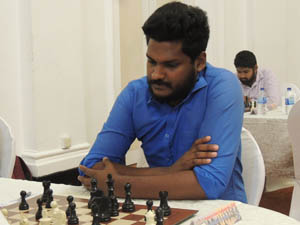
Danushka Bandara (2025) claimed the men’s national championship title, adding his name to the prestigious list of Sri Lankan chess champions. His victory in 2025 marks him as the latest in a long line of excellence, proving his ability to compete at the highest level and overcome the country’s top players to earn the national crown.
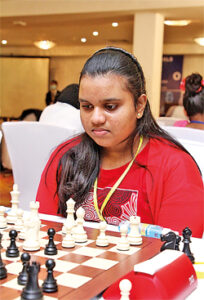
Esandi Newansa (2025) won the women’s national championship, establishing herself as the new queen of Sri Lankan chess. Her championship victory demonstrates the continuing strength and depth of women’s chess in Sri Lanka, carrying forward the tradition established by legendary champions before her.
A Legacy of Excellence
The Sri Lankan Chess Championship continues to thrive after more than five decades of competition. From Christopher Parakrama’s pioneering victory in 1972 to Danushka Bandara’s 2025 triumph, and from Anoja Senevirate’s groundbreaking 1979 women’s title to Esandi Newansa’s 2025 championship, this tournament has consistently produced champions who represent the best of Sri Lankan chess. The rich history of this tournament proves that Sri Lankan chess has a proud tradition of producing world-class talent and maintaining competitive excellence at the highest level, with new champions continuing to write exciting chapters in this ongoing story.

